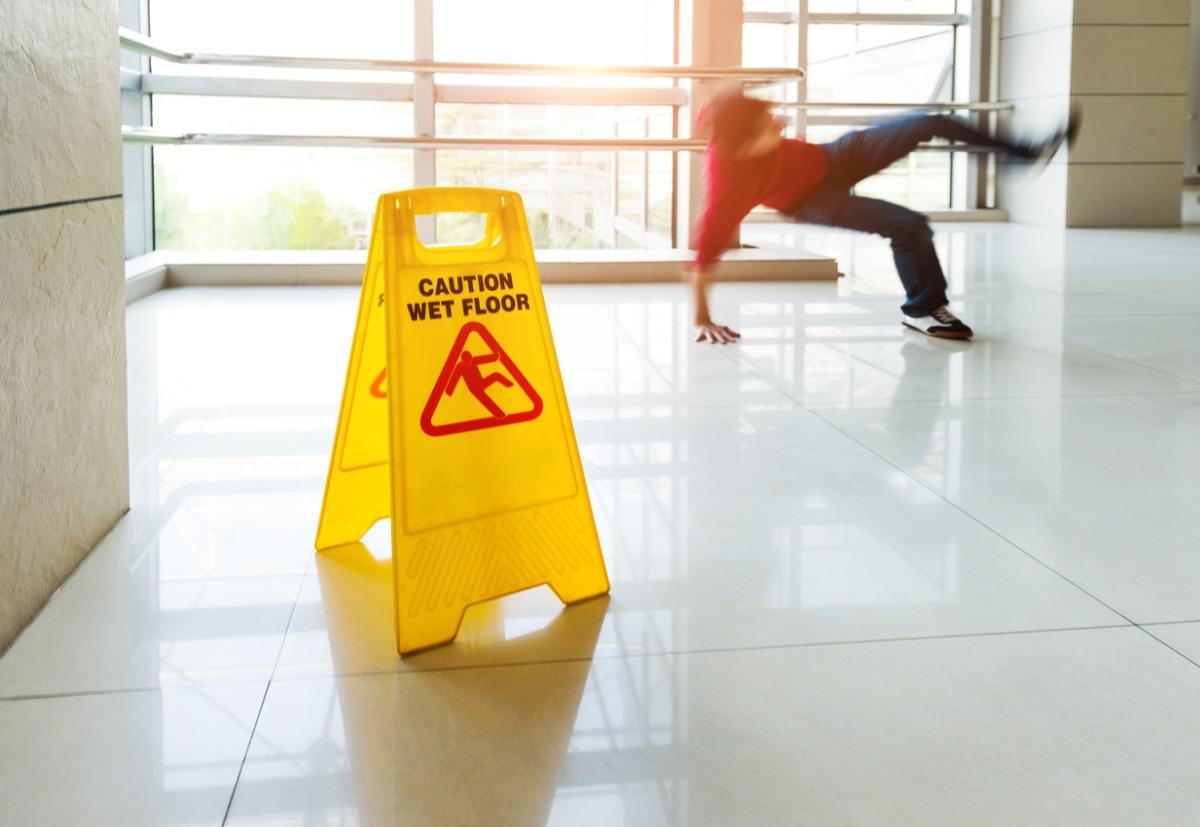
- posted: Apr. 30, 2019
- Personal Injury
It’s a common belief that trespassers enter at their own risk, but it’s not always true. There are circumstances where a property owner may be called upon to pay damages for injuries suffered due to a slip and fall on their property even if the victim had no right or only a limited right to be there. In Tennessee, the duty of care owed to trespassers is less than that for invited guests. Generally, a property owner or other person in possession must not:
- Willfully injure a trespasser
- Commit negligence so gross as to amount to willfulness
- Lead a trespasser into a trap
A “trap” means any hidden, dangerous condition that a person unfamiliar the property could not avoid by reasonable care and skill. But it’s not always clear whether a person is trespassing. While the term usually means entering or staying on property without permission, there are times when a person’s entry for limited purposes is expected. Mail carriers and other delivery people are not trespassers as long as they stay within the scope of their legitimate purpose. There may also be times when invited guests overstay their welcome or go beyond the areas of the property they are authorized to enter. So the line between a lawful entrant and a trespasser can be blurred. Property owners have a special duty toward children, who may not have enough judgment to resist going where they don’t belong. Under the “attractive nuisance doctrine,” a landowner may be liable to an injured child trespasser if all of the following is true:
- There is reason to know that children are likely to trespass where the condition is located
- There is reason to know of the condition and that it poses a risk of death or serious bodily harm to those children
- The children, due to their youth, do not discover the condition or realize its risk
- The burden of eliminating the danger is slight compared to its danger, and
- The owner fails to take reasonable care to remove the danger or otherwise protect the children
The doctrine applies in full force to children age 12 or younger and less so to teenagers as they grow older. Furthermore, when children are injured while engaging in outdoor recreational activities, they are entitled to damages only to the same extent as adult trespassers. With all this in mind, the best practice for an owner or possessor is to keep the property hazard-free for all potential entrants, since an injured party’s legal status and the reasonable expectation of their presence can be open to interpretation. Warning signs, protective fencing and other safety measures taken by the owner are considered when courts decide on liability for injuries. For more information and guidance on making an injury claim, contact a Bristol slip and fall attorney. Call Massengill, Caldwell & Coughlin, P.C. today at [ln::phone] to schedule your free initial consultation or contact us online.


